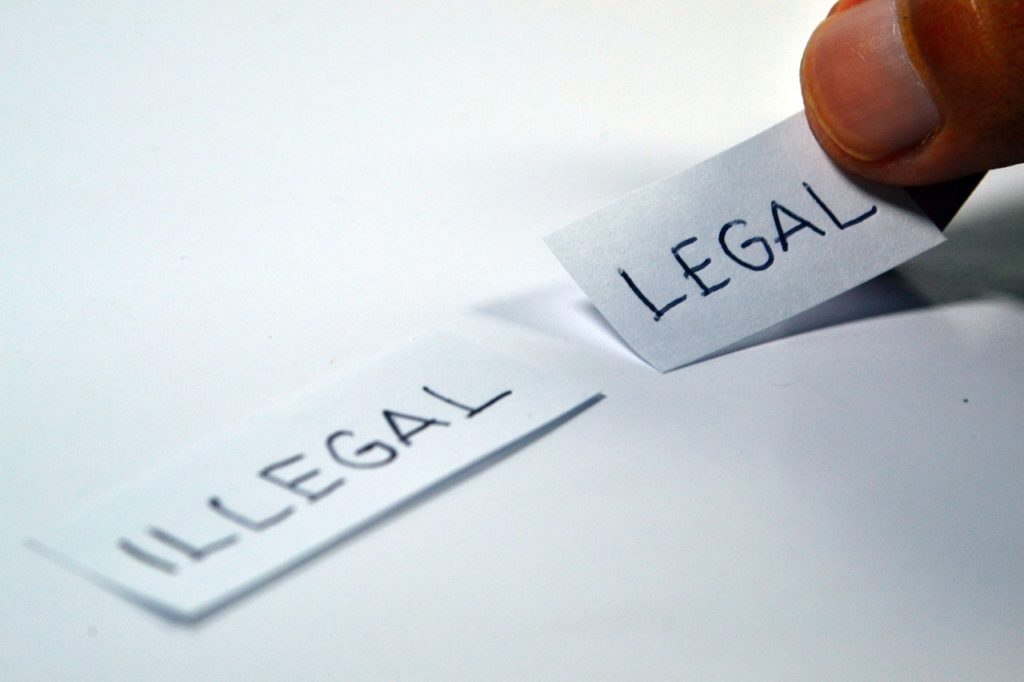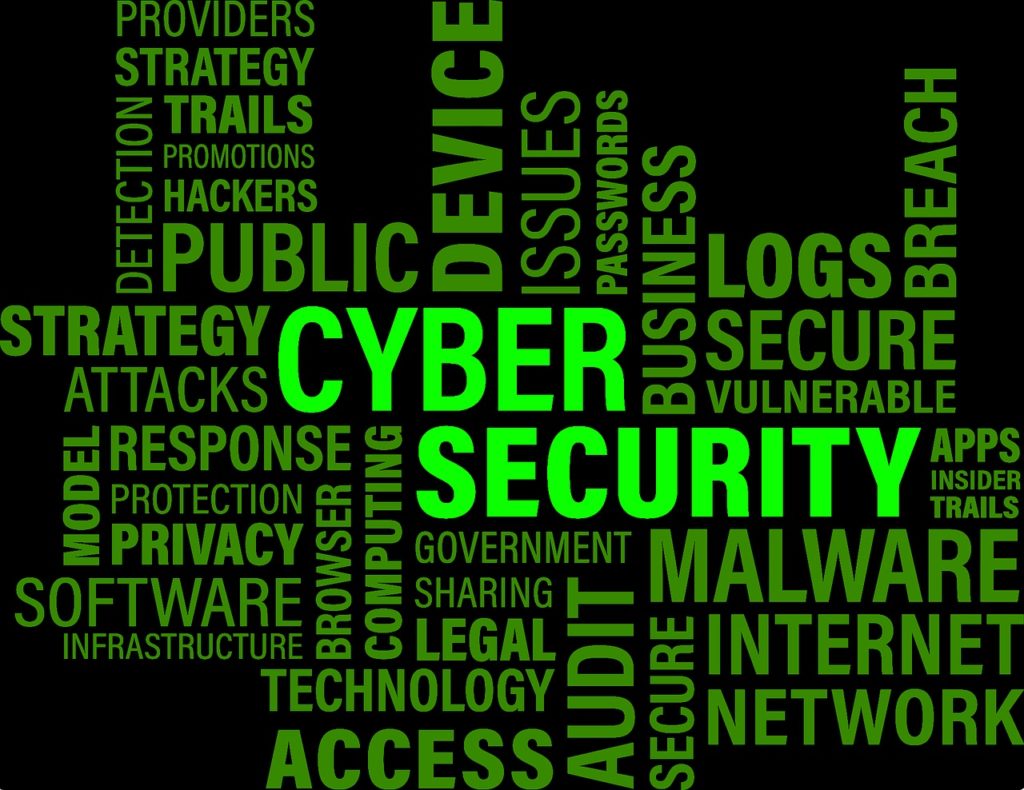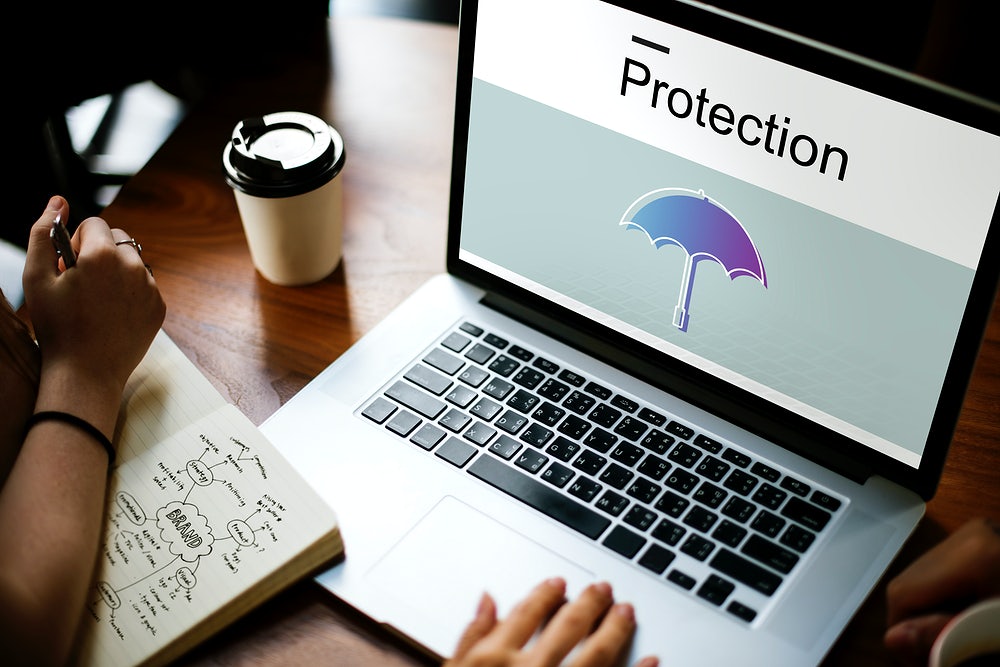Ah, the deep, dark web – a mysterious digital netherworld where anything is possible. A place in cyberspace most people will never see in their lifetime. A shadowy underworld that sparks intrigue and fear in equal measure.
The dark web is mostly perceived as an online repository for infinite amounts of backend information that’s available to the highest bidder. A place where extremism, fraud, arms exchange, child pornography, illicit drugs, human trafficking, and other social ills run rampant.
If you’re thinking of browsing this hidden dimension of the web – for whatever reason – one question that’s likely lingering at the back of your mind is: Is it illegal to go on the dark web?
The answer to this might surprise you. Here’s everything you need to know about this mysterious world.
What Is the Dark Web – An Overview
People often use the terms dark web and deep web interchangeably. However, the two mean entirely different things.
Deep Web
The “deep web” generally refers to websites that are not and cannot be indexed by search engines like Google, Bing, etc. The web addresses of deep-web sites typically consist of a string of randomly-generated alphanumeric characters.

Although these websites are encrypted and can be accessed using conventional browsers, it’s almost impossible to find the information you need without the help of an expert who knows how to navigate these murky waters.
The fact that they are not indexed means that if you use Google to search for a certain piece of information, the results displayed will not feature deep web websites. You’ll only view the sites on the “surface web” – which is the web most people are familiar with.
Dark Web
Now, to the dark web. It is a deeper layer of the internet that exists on the Tor network. Tor is short for “The Onion Router” and can only be accessed using a special dark web browser – with the most popular one being the Tor browser.
Deep-web URLs also consist of a series of random alphanumeric characters that have a “.onion” top-level domain reserved for anonymous sites, and “.onion.to” for non-anonymous websites.
While deep web and dark web sites may appear similar, the “.onion” domain is the differentiator between the two. Dark web sites have it; deep web sites don’t.
Is It Illegal to Go on the Dark Web?
The primary reason for the dark web’s existence is not so much for illegal activities (although there are quite a bit of illicit transactions that go on there), but for anonymity.
People who use the dark web are concerned about protecting their identity – whatever their reason may be.

The dark web uses a relay protocol to keep the user’s identity hidden behind three proxy layers. Each of the relays has a different geographical location, which makes it extremely difficult to trace the actual location of the user in question.
Disclaimer: Laws101.com does not endorse the downloading of encrypted browsers or accessing the dark web in general. Using it for any kind of sinister activity is at your own risk.
Who created Tor and for what purpose?
Tor (aka the dark web) was developed by the US Naval Research Center in the 1990s as a military-grade app built to help covert operators transfer classified information while protecting their identities.
Although foreign hackers couldn’t identify the users on Tor, the one thing they could be sure of is that they were all US government agents – since they were the only ones on the dark web.
As a solution to this issue, the federal government made the dark web available to the general public in the early 2000s. This action made it harder for foreign governments to identify US clandestine operators and agents.
So, while accessing the dark web is not illegal in itself, it does open the door to a world of illegal activities.
The Dark Web and Cybersecurity – What’s the Link?
The anonymity factor is what makes the dark web a lucrative haven for perpetrating crimes that involve covert transactions.

It is what makes it such a hotbed of crimes that involve drugs, money, and even humans. If you’ve come across the term “Besa Mafia” before, then you probably know that it was one of the most well-known dark web marketplaces for contracting hitmen and assassins.
On the flip side, Tor is also used by government agencies, whistleblowers, bloggers, activists, journalists, and lots of other users with benign motives, who just want to browse the internet in an entirely private fashion.
Data privacy
This is not something that can be guaranteed by the surface web, despite the best efforts of the existing US data privacy laws that give individuals the right to:
- Make a request for their data records
- Request changes to their data records that contain incomplete, inaccurate, irrelevant, or outdated information
- Be protected against the unwarranted invasion of privacy that results from the collection, disclosure, use or maintenance of their personal information
The third one, in particular, is at the heart of the existing internet privacy laws as we know them. It compels websites to disclose what data they collect when you visit their website, what it is used for, and whether or not it will be sold to third parties.
Nevertheless, the only foolproof way to protect your privacy online is by controlling what personal information you disclose. That way, you don’t give any third parties the ability to link your online activities to any personally identifiable information.
Dark Web Privacy Protection
Keep in mind that the dark web is an unpoliced and seemingly unpoliceable area of the internet that allows you to browse and transfer data with complete anonymity.

Although very few US statutes mention cybersecurity law by name, the spirit behind the existing privacy laws is to promote the integrity and confidentiality of information systems, to protect individual rights and privacy.
With that said, the very essence of the dark web makes it impossible for anyone to violate your privacy and access your information without your consent – well, as long as you’re not breaking any laws, then all bets are off.
Don’t Get Lost in the Dark
So, while it’s not illegal to go on the dark web, it is illegal to engage in illicit activities while you’re there.
Cybersecurity law firms have criminal defense attorneys who understand the intricacies of internet-related law, as well as the technology involved.
If you wrongfully got mixed up in a dark web criminal investigation or believe that your privacy was violated, you’ll need to get in touch with the best cybersecurity lawyer as soon as possible.
